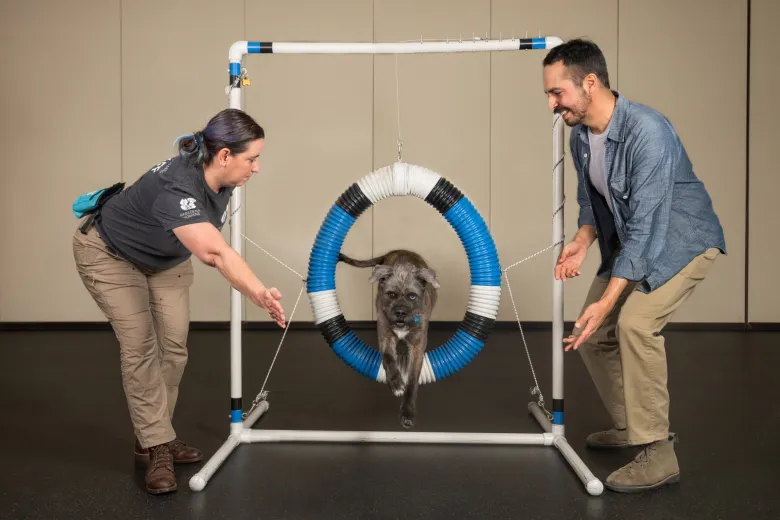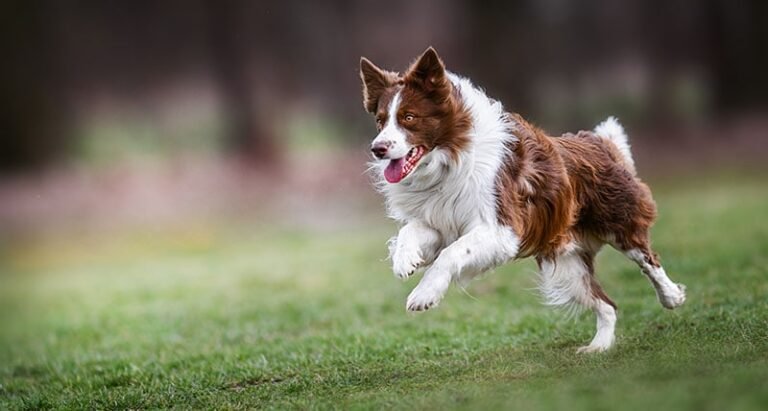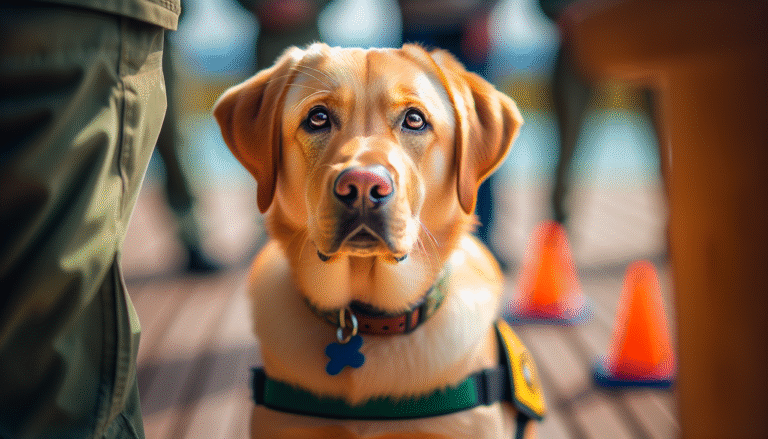Have you ever wondered if it’s too late to train your dog? Many dog owners often find themselves questioning when to start training or if they can teach their older pets new tricks, and these are valid concerns. The good news is that it’s rarely too late to instill better behavior in your canine companion.

This image is property of pasadenahumane.org.
Understanding Dog Training
Dog training is not just about teaching commands or tricks. It involves forming a bond between you and your dog. Training helps foster understanding, trust, and friendship. When your dog learns what you expect from them, they feel more secure and confident.
Why Training Matters
Training is crucial for your dog’s well-being. It’s about establishing boundaries and creating a safe environment for both of you. A well-trained dog is less likely to develop behavioral problems and is more adaptable in various situations.
Enhancing Your Dog’s Mental Stimulation
Think of dog training as a form of mental exercise. Engaging in regular training sessions keeps your dog’s mind sharp and reduces boredom. This can lead to a more relaxed and well-behaved pet, as a tired dog is less likely to exhibit undesirable behaviors.
Starting Young: Puppy Training
If you have a puppy, congratulations! The early stages of your dog’s life are ideal for introducing them to training. Puppies are like sponges, eager to absorb new information.
Best Practices for Training Puppies
- Use Positive Reinforcement: Puppies respond best to rewards, whether that’s treats, praise, or playtime.
- Socialization: Allow your puppy to interact with other dogs and people in a controlled environment. This exposure is vital for their development.
- Short Sessions: Keep training sessions brief but frequent. A 5-10 minute session multiple times a day is often more effective than one longer session.
Training Classes
Consider enrolling your puppy in training classes. This not only teaches them essential skills but also provides an opportunity for socialization with other dogs. Look for classes that use positive, fear-free methods for the best outcomes.

This image is property of pasadenahumane.org.
Adult Dogs: Is It Ever Too Late?
You may have an older dog that hasn’t had the best training experience. It’s completely normal to wonder if it’s too late to train them.
The Truth About Adult Dog Training
The great news is that it’s never too late to start training your adult dog. Dogs of any age can learn new things. Just like humans, dogs benefit from mental stimulation and will thrive with lifelong learning opportunities.
Starting Simple
Begin with basic commands such as sit, stay, and come. Adult dogs may not be as enthusiastic about training as puppies, but they can still grasp new concepts. Patience and consistency are key!
Benefits of Training Older Dogs
Better Behavior
By engaging in training, you can address behavioral issues that may have developed over the years. This includes pulling on the leash, excessive barking, or jumping on guests.
Healthy Mind and Body
Training sessions serve as excellent physical activity, especially for older dogs that may not get as much exercise. Gentle training exercises can keep your senior dog’s body fit and their mind engaged.
Advanced Training for Experienced Canines
Once your dog has grasped the basics, there’s a whole world of advanced training options available.
Exploring New Skills
- Loose Leash Walking: This is an essential skill for enjoying walks without wrestling with your dog.
- Agility Training: Many dogs enjoy navigating agility courses, which can also be fun for you as an owner.
- Scent Work: Engage your dog’s nose and natural instincts with scent games that keep their mind sharp.
Specialized Classes
Consider classes tailored for specific dog behaviors or skills. Whether it’s therapy dog certification or advanced obedience, these classes can enhance your bond and your dog’s skill set.
Overcoming Age-Related Challenges
With older dogs, you might face unique challenges during training sessions.
Common Challenges in Training Senior Dogs
- Physical Limitations: Older dogs may have joint issues or be less agile. Tailor your training to accommodate their physical needs.
- Stubbornness: With age, dogs may become set in their ways. Be patient and persistent with your training.
Adapting to Your Dog’s Needs
Every dog is unique. Adjust your training methods according to your dog’s personality and age. Remember to keep training sessions light and enjoyable to foster a positive experience.
Finding the Right Training Resources
Many resources can assist you in your dog training journey.
Professional Trainers
Look for certified trainers who use positive reinforcement techniques. Check reviews and ask for recommendations to ensure you select someone who aligns with your training philosophy.
Humane Societies and Community Programs
Consider utilizing local humane societies or community training programs. They often have experienced trainers who can guide you and your dog through the training process—often in a familiar and supportive setting.
Conclusion: Embarking on the Training Journey
So, is it ever too late to train a dog? The answer is a resounding no! Whether you have a puppy, an adult, or a senior dog, training can offer numerous benefits. You might feel daunted by the thought of training an older dog, but remember that patience, understanding, and consistent efforts go a long way.
Your Path Ahead
It’s time to embrace the journey of training your dog, no matter their age. With all the available resources, including classes, training tools, and professional trainers, you’re well-equipped to succeed. Enjoy the time spent with your furry friend and celebrate the progress you make together!
Ultimately, training shouldn’t feel like a chore; it should be a fun and fulfilling part of your relationship with your dog. You hold the keys to a well-trained, happier, and healthier pup! So, what are you waiting for? Get started on this rewarding adventure today!



